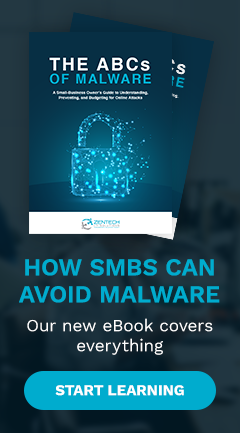We are living at a time where humans and mobile phones are inseparable. People are constantly checking their phones, from the moment they wake up to the time they go to sleep -- an average of 85 times a day. This is why SMS marketing is a powerful strategy that can work like a charm if implemented properly, but it does have its challenges.
It isn’t completely conversational
SMS marketing may get your brand top-of-mind, but if consumers feel detached to your text messages, it will be neglected. The last thing you want is to sound “spammy” because customers might think you’re just bombarding them with sales pitches.
The solution is to encourage a conversation. You can employ a reply function that enables live or automated responses. For example, you can end your message by asking for feedback about your latest product or a past event attended by the customers.
It’s strictly regulated
SMS marketing is an opt in-based text messaging program, meaning you need permission from customers before sending them messages. You can’t just send texts to anyone or you run the risk of angering them. This is something popular pizza chain Papa John’s learned the hard way when they faced a $25 million class-action lawsuit for SMS-blasting customers without consent.
The opt-in function is there for a reason. Just follow what is mandated by law, and you’ll be fine. It certainly helps if you make your opt-in/out process simple so customers won’t have a hard time subscribing and unsubscribing from your SMS updates.
It takes time to build a customer database
Building a customer list is a time-consuming process. You need a considerable number of customers to get a decent amount of opt-ins, and the fact that some people give wrong or unused numbers doesn’t help.
When customers purchase your product or service, ask them if they want to receive updates from you. If you have a website, add a subscription link where visitors can input their mobile numbers. The best time to launch your SMS campaign is when you’ve built a sizable number of opt-ins. It’s also important to clean your database regularly. If there are numbers that bounce your text messages, remove them from the list.
It’s not as individualized as it should be
Sending a message that goes straight to a person’s mobile phone seems especially personalized, but customers know all too well that marketers send messages in bulk. You want to reach out to more in less time so you use templates and generic text, making the entire process mechanical. The downside to this is that you lose that personal connection.
Before sending an SMS, make sure your content is as bespoke as possible. If you own a motorsports shop, sending promotional information on car accessories to motorcycle purists might not be a good idea. And if you run a grocery store, make sure you don't send information about your loyalty program for meat eaters to vegans. Companies like Zentech IT Solutions can include the customer’s name and other details in the text messages.
Timeliness also comes into play. For instance, the Korean pop music explosion has made rabid fans want to visit South Korea, and you can capitalize on it by sending out travel promos. You can even take advantage of a weekend’s bad weather forecast by dropping the rates for your taxi services. If you want to schedule sending of text messages at a later date, Zentech IT Solutions can help you out. Ultimately, you as the marketer should treat SMS as an individualized medium, not as a mass medium.
Use SMS to your full marketing advantage with help from industry experts. Get in touch with us today!
Like This Article?
Sign up below and once a month we'll send you a roundup of our most popular posts


